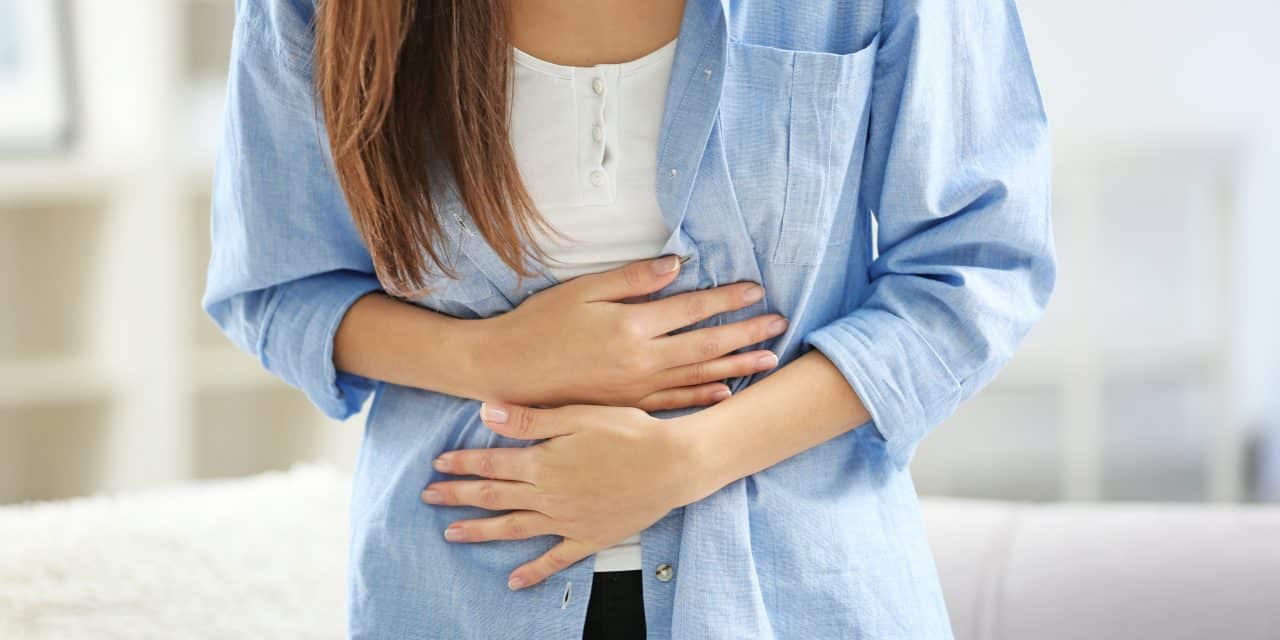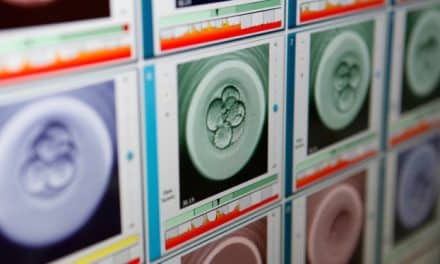For many women, endometriosis is a little-known disease, which they have never, or almost never heard of. However, there are more than 200 million in the world who live with it, and who fight to increase social awareness of this pathology, which, in addition to affecting the quality of life, can compromise fertility.
It is therefore essential to diagnose it as soon as possible. However, it is not always easy, because sometimes it does not cause symptoms, and other times the pain it produces coincides with the menstrual period, which means that it can go unnoticed.
If you are young and have very painful periods, you feel pain during sexual intercourse or continued pelvic pain, ask your gynaecologist to do the necessary check-up tests. Especially if you want to be a mother. If it is confirmed, do not panic, since in many cases treatments can be applied to improve fertility or increase the chances of pregnancy. In this post, we offer you answers to some of the most frequent doubts that exist about this issue.
- What are my chances of getting pregnant? If you have endometriosis and you do not get pregnant, it is important for you to go to a centre with a specialized team in this disease, so that they can inform you of the possible options you have.
- Why does it affect fertility? Endometriosis often causes adhesions that make it difficult for the tubes to work properly. There are also other more complex mechanisms that make egg development and embryo implantation not optimal.
- What treatments can help improve it? Treatment must always be individualized and appropriate to each patient, such as a tailored suit. We advise one or the other depending on the discomfort that the patient has, the desire for motherhood and her age. Basically, the options are: hormonal medical treatment, surgery and assisted reproductive techniques.
- When is surgery necessary? We should only consider surgery in patients with pain that is not adequately controlled with medication, or who have large cysts or very dilated tubes before an assisted reproductive technique.
- How much can age be a negative factor? Over time, endometriosis can progress and fertility decrease. For this reason, in patients with endometriosis we advise not to delay maternity or to consider fertility preservation alternatives.
- How can assisted reproductive techniques help? There are multiple assisted reproduction alternatives that can increase the chances of pregnancy. Depending on the extent of the disease, the result of previous treatments and age, one technique or another is recommended.
- In which cases are they especially indicated? In patients with endometriosis who are over 38 years old or in operated patients we suspect that the chances of spontaneous pregnancy are low.
- What is the IVF success rate in endometriosis? It is very variable. It depends on the extent of the disease, the age and the type of technique proposed. Endometriosis can decrease the number of available oocytes but has less influence on their quality. It is necessary to do a complete study of the couple to be able to offer individualized information. In the case of having a low ovarian reserve with a uterus in good condition, the success rate of techniques such as in vitro fertilization with oocytes donation can exceed 50%.
- Can implantation of the embryo be more difficult? Yes, it can. In addition, there may be other pathologies in the uterus that can make things more difficult, such as fibroids, adenomyosis…
- Is it true that after pregnancy the symptoms can improve? Yes, thanks to the “hormonal treatment” that pregnancy implies, the symptoms can improve, and the disease can be controlled with simpler treatments.














